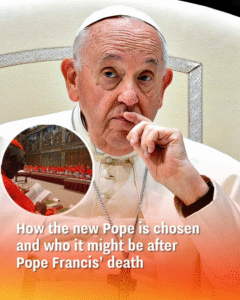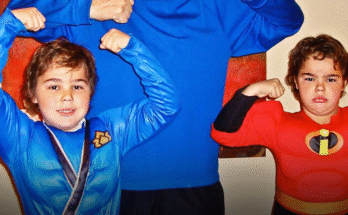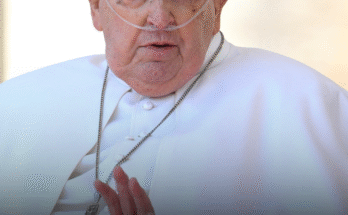Following the death of Pope Francis on April 21, 2025, the Catholic Church has entered a period known as the “interregnum,” during which preparations are made to elect a new pope. This process, steeped in centuries-old traditions, is both solemn and secretive, aiming to ensure the selection of a leader who embodies spiritual integrity and can guide the global Catholic community.
The Conclave Process
The election of a new pope is conducted through a conclave, a gathering of the College of Cardinals. Only cardinals under the age of 80 are eligible to vote, a group currently comprising up to 120 members. The conclave is convened 15 to 20 days after the pope’s death, allowing time for mourning and logistical arrangements. During the conclave, held in the Sistine Chapel, cardinals are sequestered from the outside world to maintain confidentiality. They take an oath of secrecy and surrender all communication devices. Voting occurs in successive rounds, with up to four ballots cast each day. A two-thirds majority is required to elect a new pope. After each round, ballots are burned; black smoke indicates no decision, while white smoke signals the successful election of a new pope AxiosThe Guardian.
Potential Successors
Speculation about Pope Francis’s successor includes several prominent cardinals, each bringing unique perspectives and experiences:
-
Cardinal Pietro Parolin: The Vatican Secretary of State, known for his diplomatic acumen and extensive experience in church governance.
-
Cardinal Luis Antonio Tagle: A Filipino cardinal recognized for his theological insight and emphasis on pastoral care, reflecting the growing significance of the Church in Asia.
-
Cardinal Matteo Zuppi: The Archbishop of Bologna, noted for his commitment to social justice and dialogue, aligning with Pope Francis’s vision of a compassionate Church.
-
Cardinal Péter Erdő: The Hungarian Primate, representing a more conservative theological stance, appealing to traditionalist segments within the Church.
It’s important to note that while these individuals are frequently mentioned, the conclave’s outcome is inherently unpredictable. Historically, popes have been elected from unexpected quarters, emphasizing the conclave’s spiritual discernment over political forecasting .Catholic News Agency+1Catholic News Agency+1
Influence of Pope Francis
Pope Francis significantly shaped the College of Cardinals by appointing approximately 80% of the current electors. His selections often favored individuals from diverse geographical backgrounds and those aligned with his emphasis on mercy, inclusivity, and service to the marginalized. This composition suggests that the next pope may continue Francis’s pastoral and reform-oriented approach, although the conclave’s secrecy means outcomes can defy expectations .
As the Church prepares for this pivotal transition, the global Catholic community awaits the emergence of a new leader who will navigate the complexities of modern faith while upholding the enduring traditions of the papacy.


